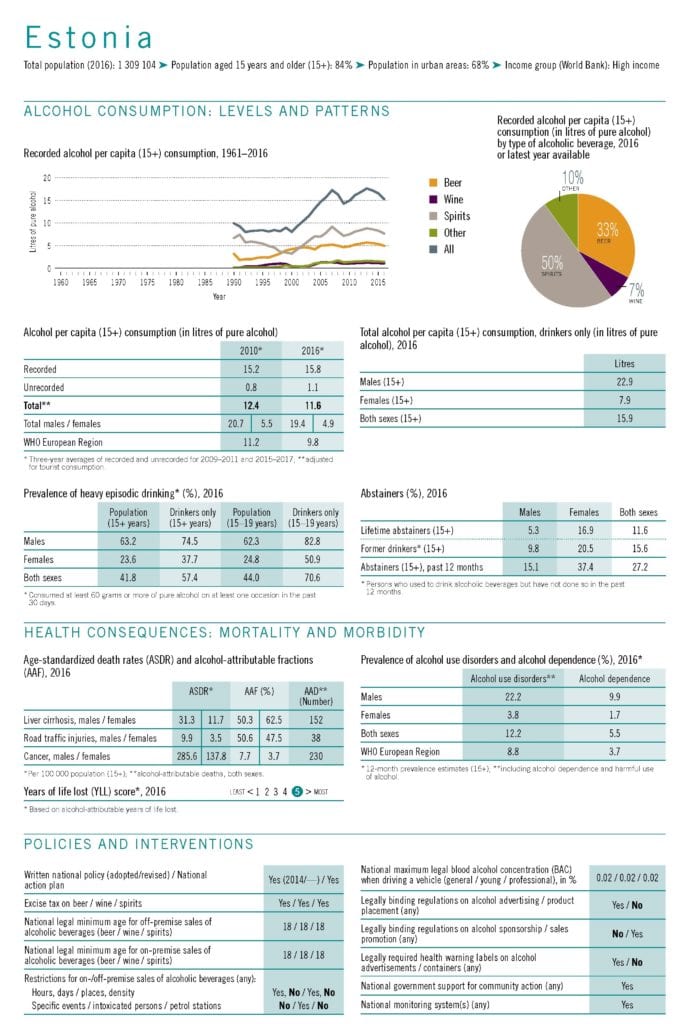From September, 2021 onwards, Tallinn will not allow alcohol sales between 2:00 AM to 6:00 AM on weekdays and 3:00 AM to 7:00 AM on weekends.
Authorities decided to restrict alcohol sales because alcohol centric partying was causing harm to residents. Sound pollution and other disturbances fueled by alcohol have affected people’s quality of life according to the Tallinn deputy mayor.
Tallinn reached this decision after three years of analysis involving both residents and entrepreneurs,” said Aivar Riisalu, Tallinn deputy mayor, as per ERR.EE.
And in fact, the problem started in the Old Town, where the quality of life had suffered significantly due to unbridled partying.”
Aivar Riisalu, deputy mayor, Tallinn, Estonia
Several night club owners have opposed the decision. However, it was supported by the citizens and law enforcement of Tallinn. Several organizations, such as the Old Town residents’ association, in cooperation with the police, supported the new alcohol policy measures across Tallinn city.
In a country with heavy alcohol harm, any public health and safety oriented improvements to alcohol availability rules are a positive move. As the World Health Organization reports, Estonia’s per capita alcohol consumption at 11.6 liters (2016 data) is higher than the European regional average. Binge alcohol use among youth is very high with over two thirds (70.6%) of alcohol using youth between 15 to 19 years engaging in this harmful habit.
Estonia made significant strides in reducing alcohol harm through cost-effective alcohol policy solutions. In 2018, the country reported the lowest alcohol consumed in a decade. Unfortunately, this progress was short lived. Estonia slashed their alcohol taxes by 25% in 2019 citing cross-border trade issues with Latvia. This sparked Latvia to slash their alcohol taxes as well leading to an alcohol tax race to the bottom in the Baltic region.

